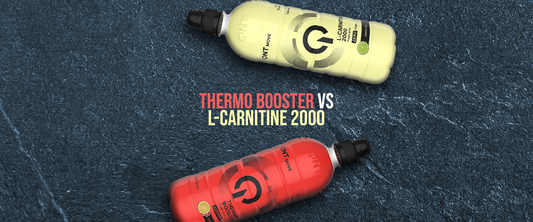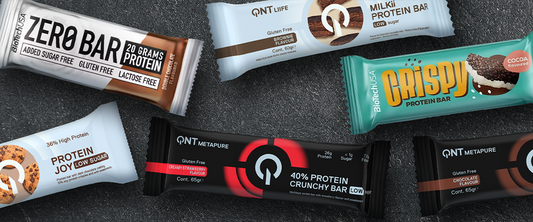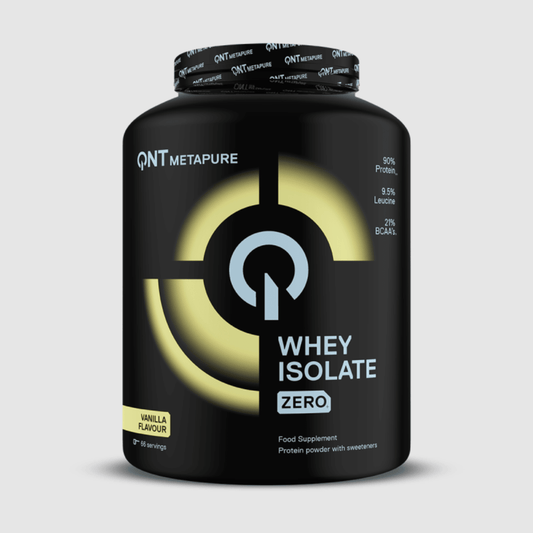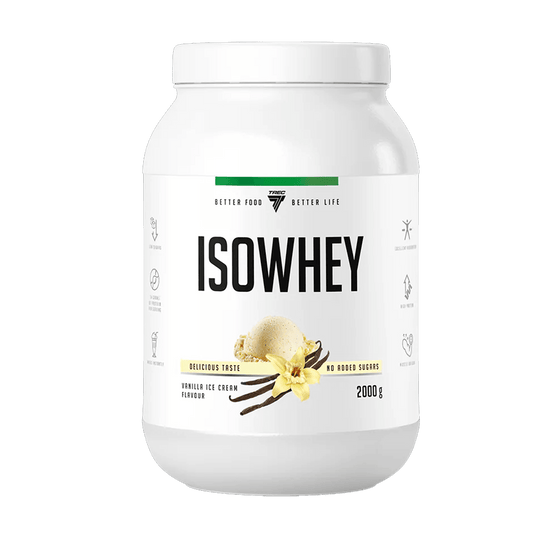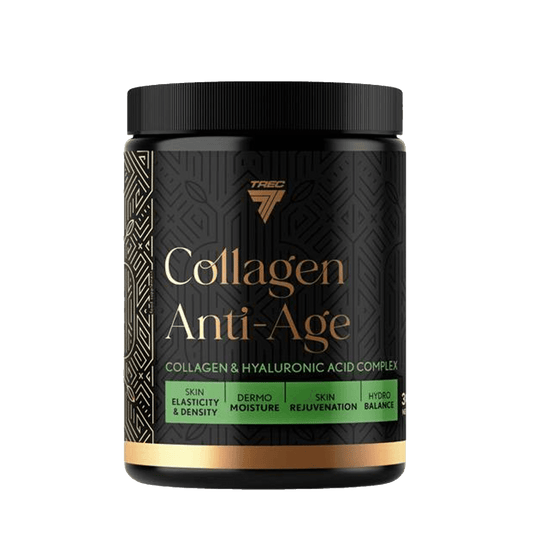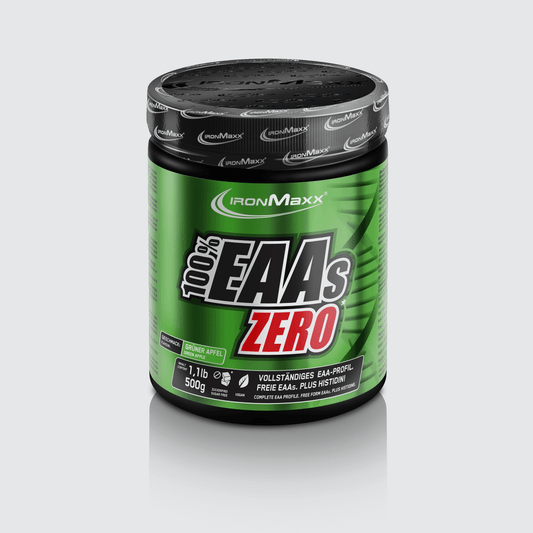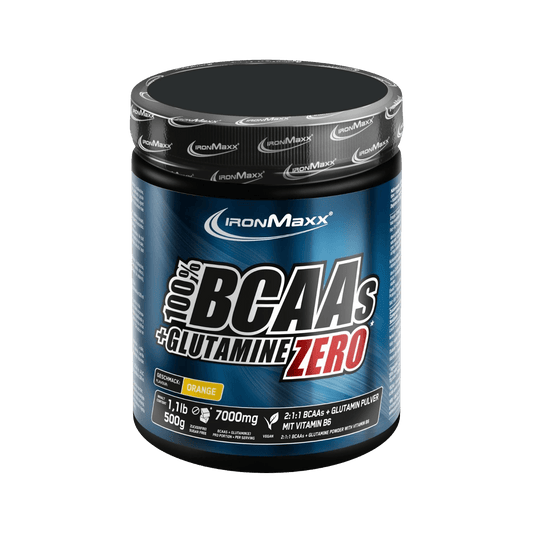In today’s fitness and health-conscious world, high-protein foods have become a staple in many diets. Whether you’re looking to build muscle, lose weight, or simply maintain a balanced diet, incorporating the right protein sources is essential. In this guide, we’ll explore the best high-protein foods, their benefits, and how you can easily integrate them into your diet.
Why Is Protein Important?
Protein is a crucial macronutrient that helps repair tissues, build muscle, and support overall body functions. According to the Mayo Clinic, protein is essential for cell growth and repair, enzyme function, and immune system support Mayo Clinic. It also plays a key role in weight management by promoting satiety and boosting metabolism. For athletes and fitness enthusiasts, a high-protein diet is essential for muscle recovery and growth.
Top High-Protein Foods to Include in Your Diet
1. Lean Meats
Lean meats like chicken breast, turkey, and lean beef are some of the best sources of protein. They provide high-quality protein without excessive fat. According to Healthline, chicken breast is one of the best sources of lean protein, containing around 31 grams of protein per 100 grams (Healthline).
- Protein Content: Chicken breast – 31g per 100g
- Best Ways to Consume: Grilled, roasted, or in salads
2. Fish and Seafood
Fish like salmon, tuna, and cod are excellent protein sources and are rich in omega-3 fatty acids, which benefit heart health. The American Heart Association recommends eating fatty fish at least twice a week for optimal heart health (AHA).
- Protein Content: Salmon – 25g per 100g
- Best Ways to Consume: Grilled, baked, or in sushi
3. Eggs
Eggs are a powerhouse of nutrients and one of the most complete sources of protein available. According to Harvard School of Public Health, eggs contain all nine essential amino acids, making them an excellent option for a balanced diet (Harvard).
- Protein Content: 6g per large egg
- Best Ways to Consume: Boiled, scrambled, or as an omelet
4. Dairy Products
Greek yogurt, cottage cheese, and milk are excellent sources of protein that also offer calcium and probiotics for gut health. According to Cleveland Clinic, dairy proteins help in muscle growth and weight management (Cleveland Clinic).
- Protein Content: Greek yogurt – 10g per 100g
- Best Ways to Consume: With fruit, smoothies, or as a snack
5. Plant-Based Protein Sources
For those on a vegetarian or vegan diet, there are plenty of high-protein plant-based foods to choose from. Harvard Medical School notes that plant-based proteins like lentils, chickpeas, and quinoa provide fiber and essential nutrients while being lower in saturated fat than animal proteins (Harvard).
- Lentils – 9g per 100g
- Chickpeas – 19g per 100g
- Quinoa – 8g per 100g
- Tofu – 10g per 100g
Boost Your Protein Intake with Supplements
While whole foods should be your primary protein source, supplements like whey protein, casein, and amino acids can help meet your daily protein requirements, especially for athletes and busy individuals. According to WebMD, whey protein is one of the most effective supplements for muscle growth and post-workout recovery (WebMD).
Recommended Supplements:
- QNT METAPURE WHEY ISOLATE – Ultra-pure whey protein with fast absorption.
- TREC GOLD CORE WHEY 100 – Whey Protein Concentrate, Isolate and Hydrolysate.
- IRONMAXX 100% WHEY PROTEIN – For the regeneration and growth of muscle tissue.
How to Incorporate More Protein into Your Diet
-
Start Your Day with Protein:
Have eggs, Greek yogurt, or a protein smoothie for breakfast.
-
Choose Protein-Rich Snacks:
Nuts, cottage cheese, or protein bars can keep you full between meals.
-
Add Protein to Every Meal:
Include a protein source like chicken, fish, or tofu in lunch and dinner.
-
Use Supplements Wisely:
If you’re struggling to meet your protein needs, consider using high-quality supplements from QIMIA NUTRITION.
-
Plan Your Meals:
Preparing protein-packed meals ahead of time ensures you meet your daily intake without relying on fast food or processed meals.
-
Stay Hydrated:
Consuming high-protein diets can put extra strain on the kidneys, so drink plenty of water to support digestion and metabolic processes.
Final Thoughts
A diet rich in high-protein foods can enhance your health, fitness, and overall well-being. Whether through whole foods or supplements, prioritizing protein will help you achieve your goals efficiently. Research from Healthline emphasizes that protein intake should be balanced across meals to maximize absorption and benefits (Healthline).
For the best protein supplements, check out our full range at QIMIA NUTRITION. Start fueling your body with the best today!
You may also like to read our article on How to Choose the Right Protein Powder.







